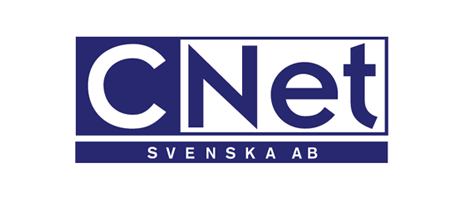The IMPRESS project had its final review in April. It took place in Brazil. The use case has been the famous opera house Teatro Amazonas in Manuas in Brazil. In the project CNet has developed deployment tools for installations of large scale IoT applications. Also a set of development tools, including an IoT Resource and Service Catalogue and an IoT event debugging tool have been developed. The project was carried out by a consortium of European and Brazilian partners.
Software-defined Gateway
All posts tagged Software-defined Gateway
New LinkSmart site
Ulf Wingstedt 8th December 2015We have now launched an updated version of the LinkSmart site for IoT developers. It contains documentation, code examples, demos and tutorials. Several downloadable tools are available for IoT Service code generation, debugging and IoT device management.
LinkSmart consists of a set of IoT Generic Enablers that are used to implement software-defined gateways, a concept being innovated by CNet. LinkSmart IoT Enablers acts as a bridge between the digital world and the physical world, allowing applications and apps to talk to, control and observe objects in the physical world through a common software gateway. The Linksmart.net components are fully programmable and available as Open Source. LinkSmart .net is available for a number of IoT platforms and can be used with many cloud services.
CNet Presents at M2M Workshop on Smart Cities
Ulf Wingstedt 15th September 2015CNet today participated and made a presentation at an international M2M for Smart Cities Workshop in Copenhagen. Sustainable urban development is recognised as a key challenge at a global level. The ‘Smart Cities’ model provides opportunities and challenges for cooperation on issues related to areas of energy, water, health, transport, environment, information and communication technologies.
During the workshop CNet presented the Almanac project and our work on how to integrate IoT Data and Business Data to achieve real business process improvements of the city operations. We are also researching and developing a federated storage architecture for big data processing and advanced resource and service catalogue functions to support semantic interoperability of heterogeneous resources, devices, and services.
